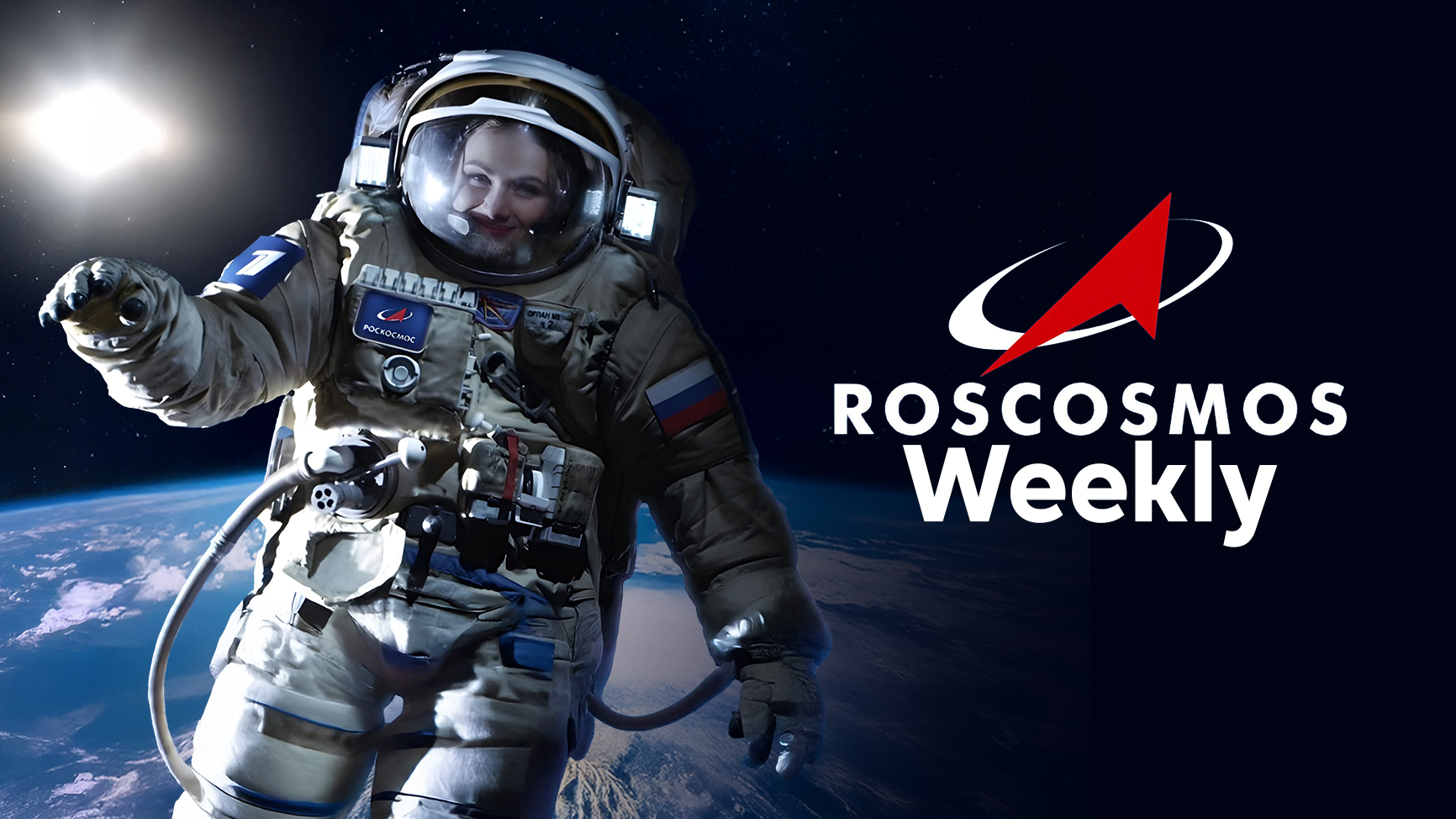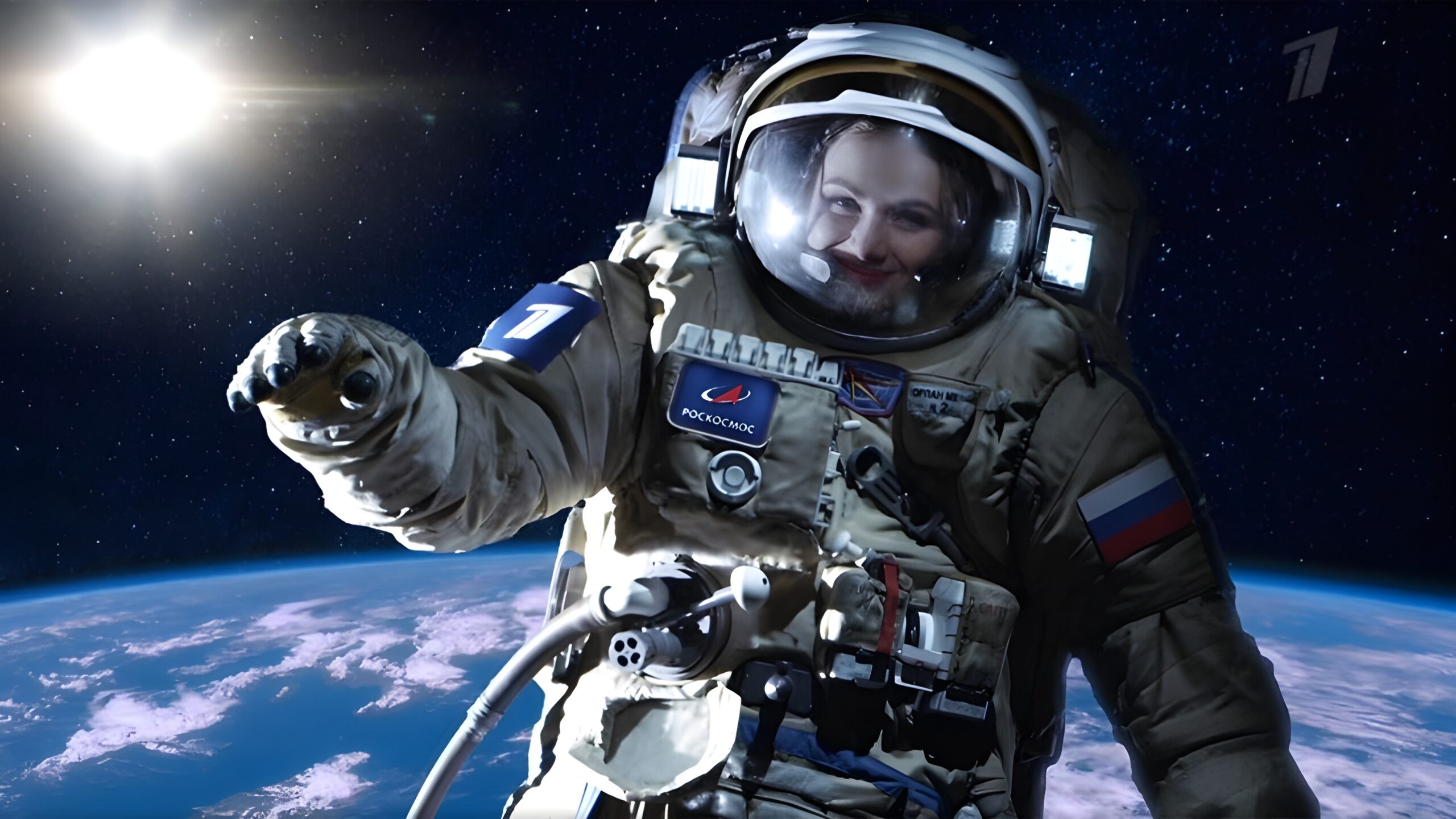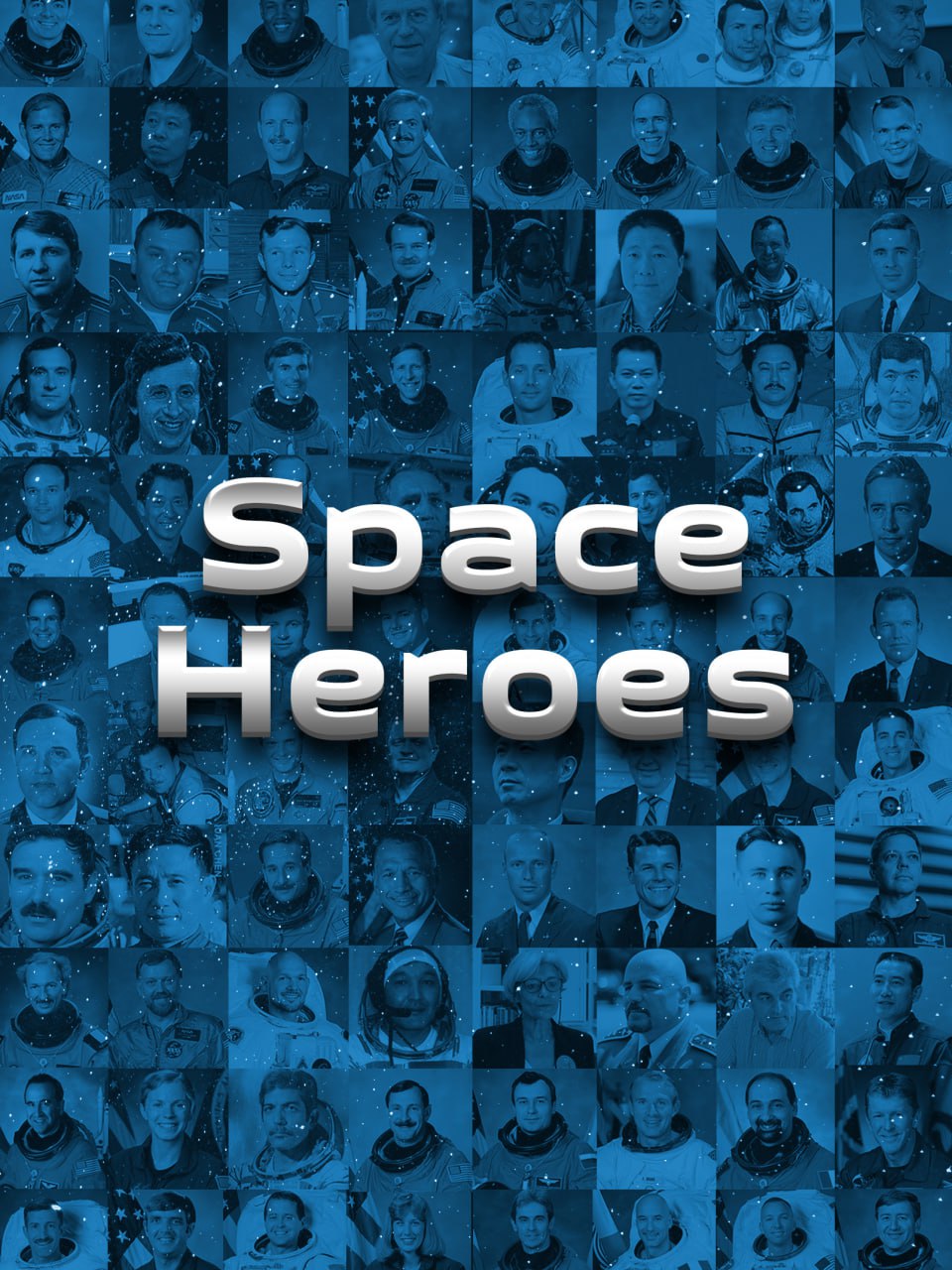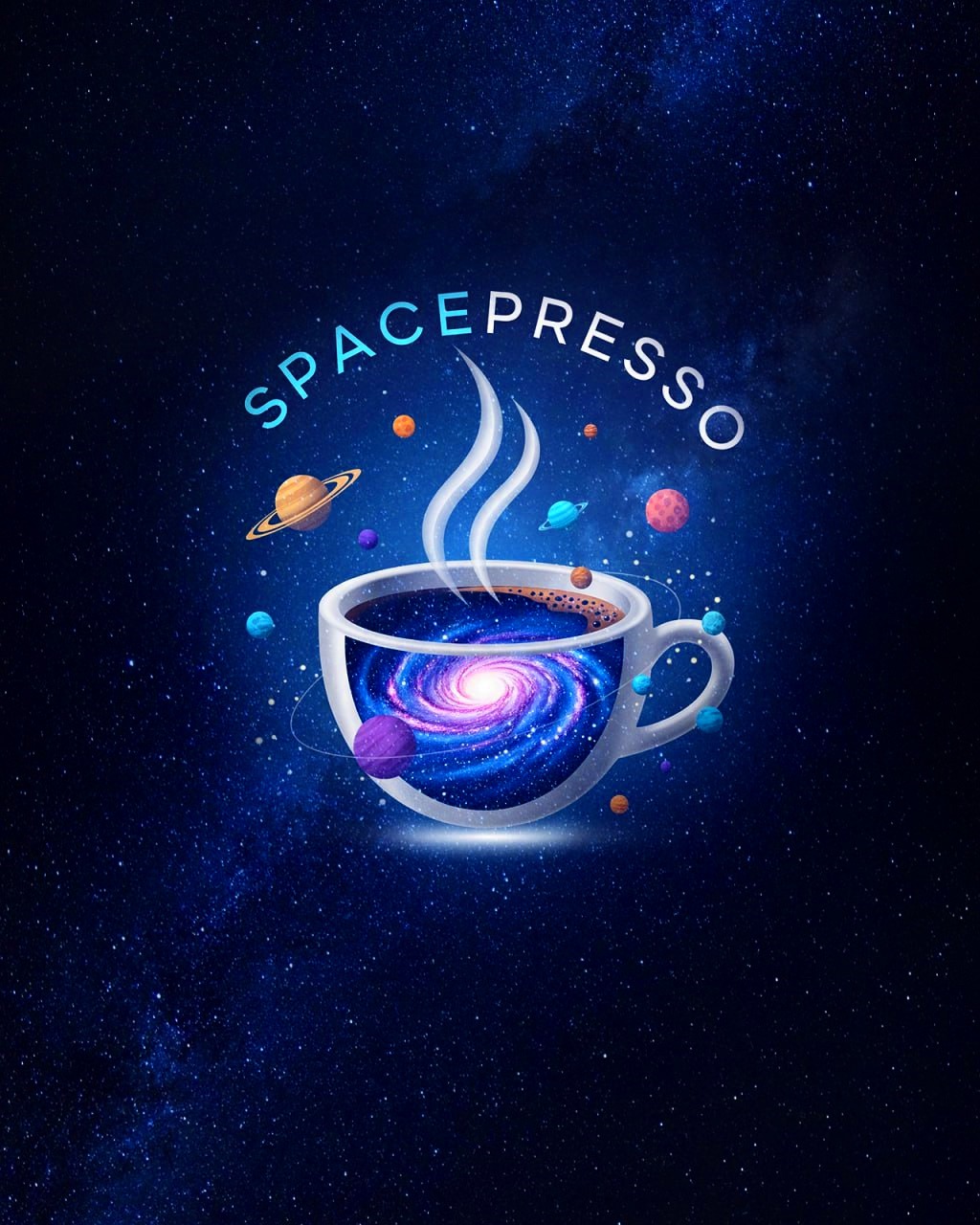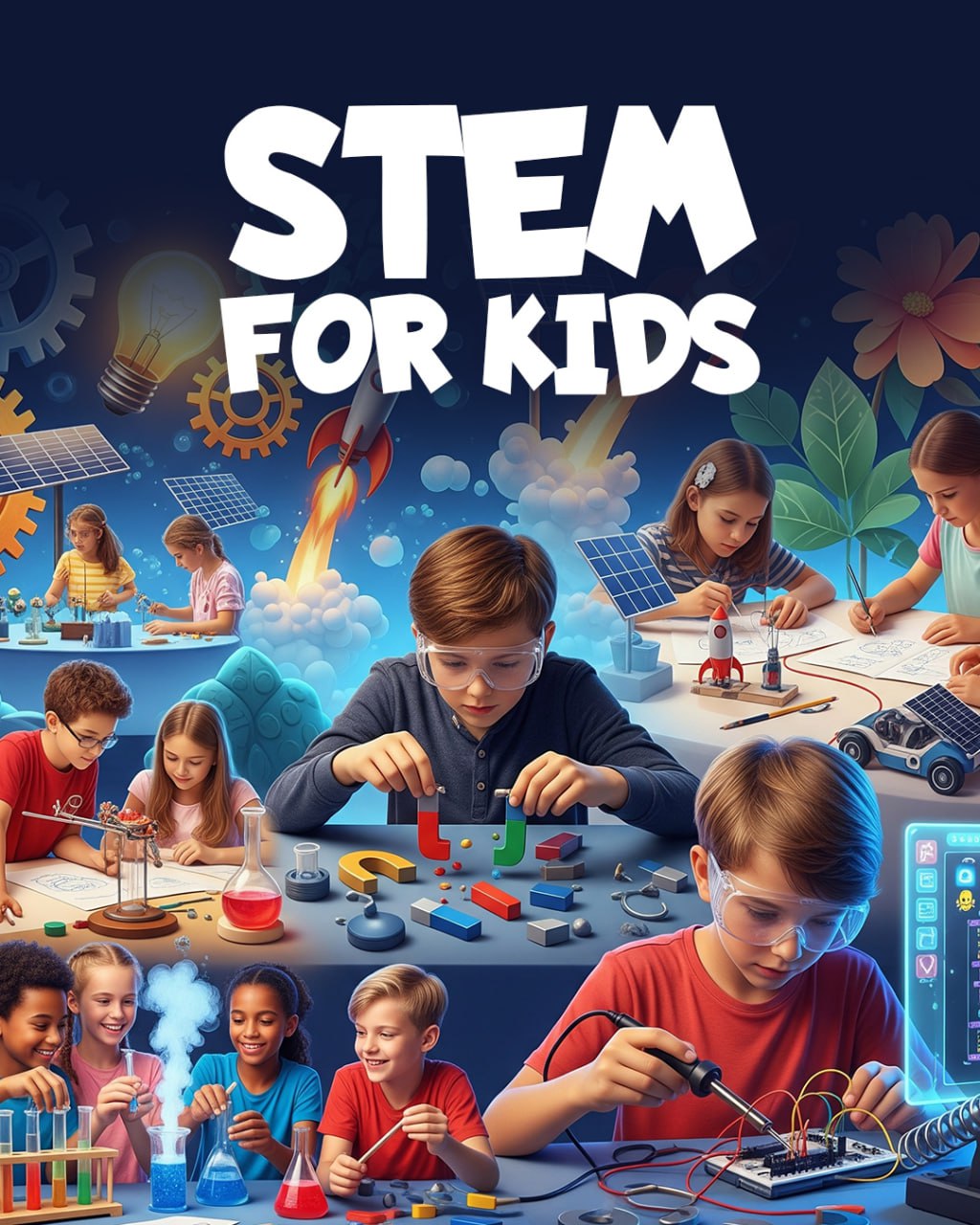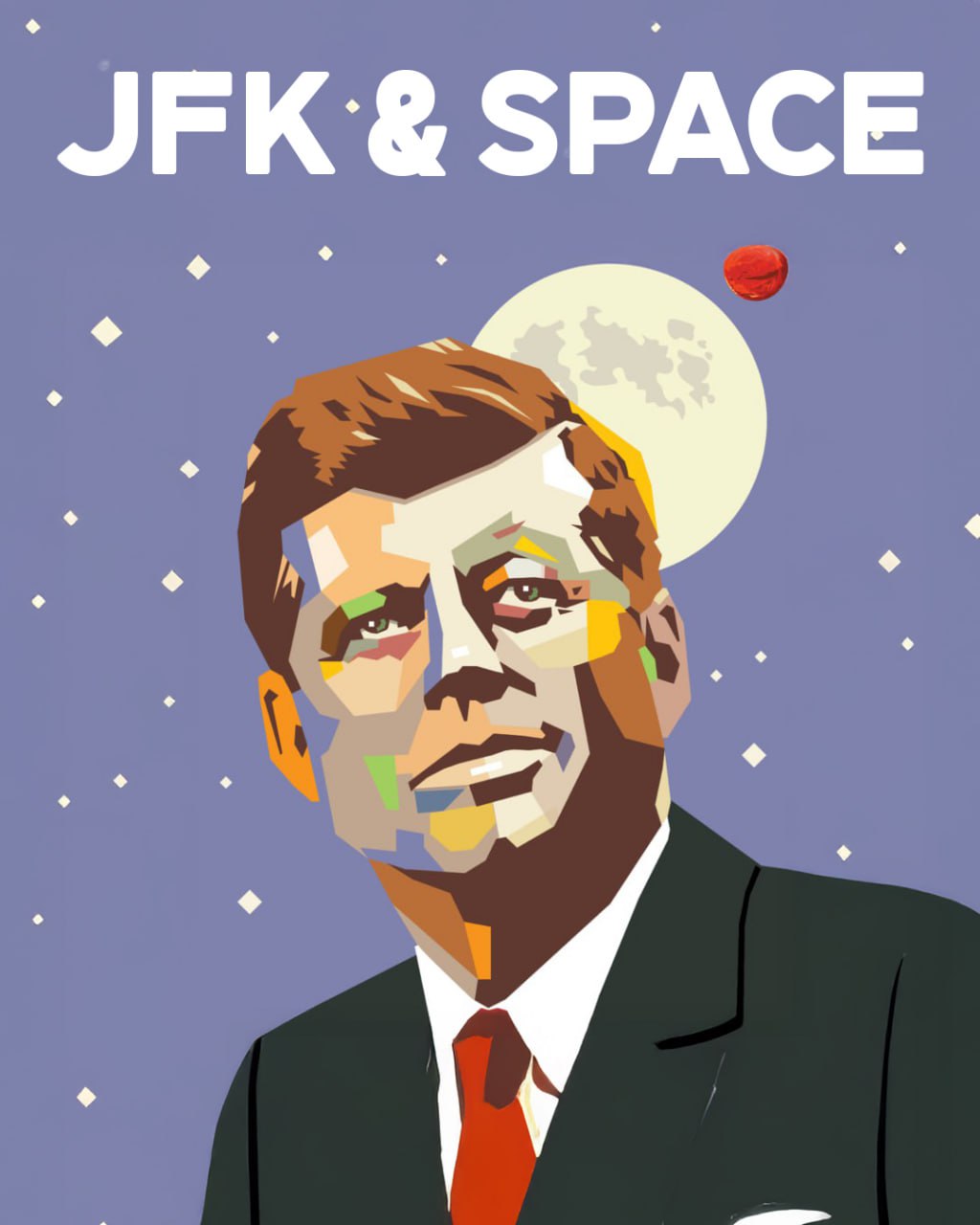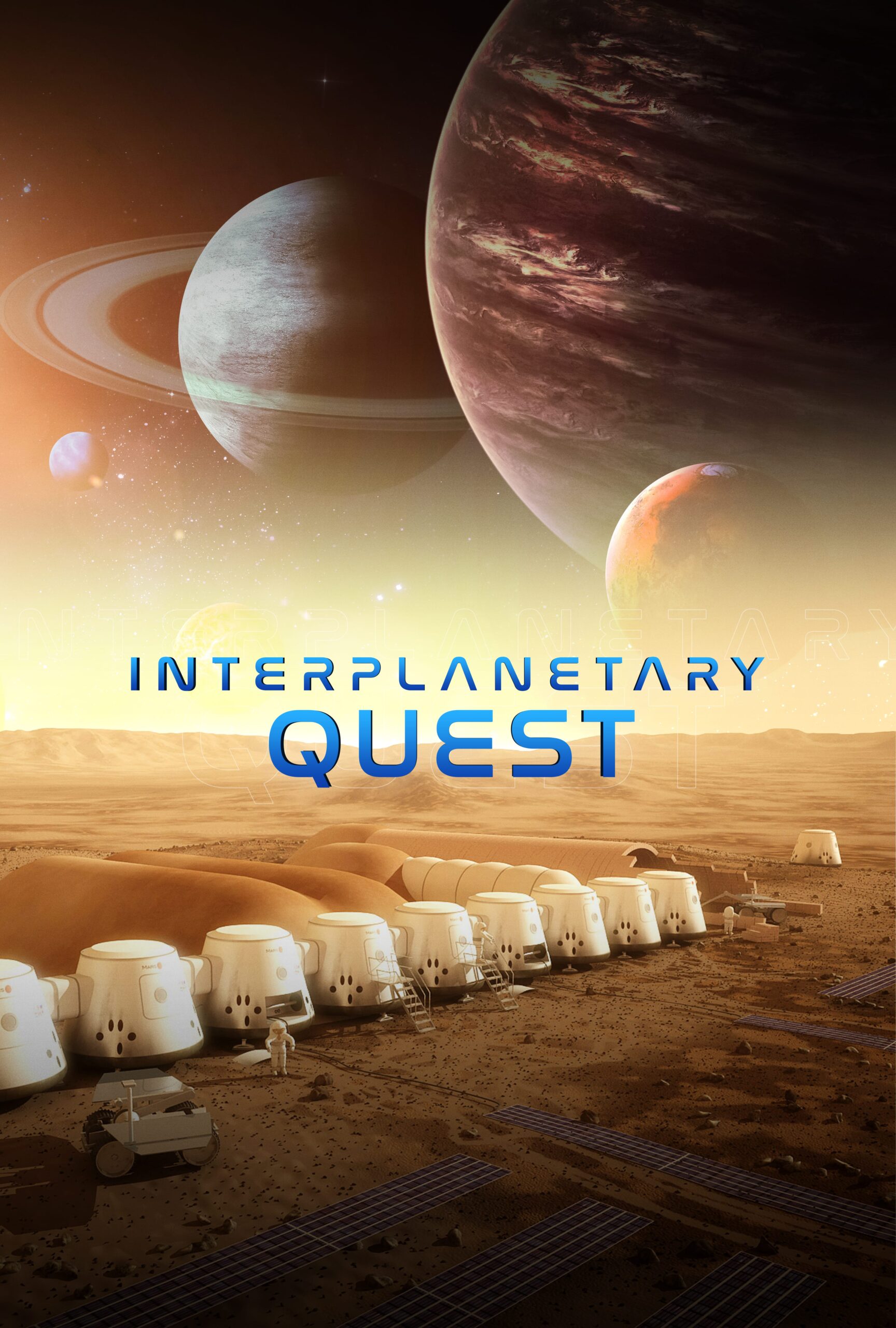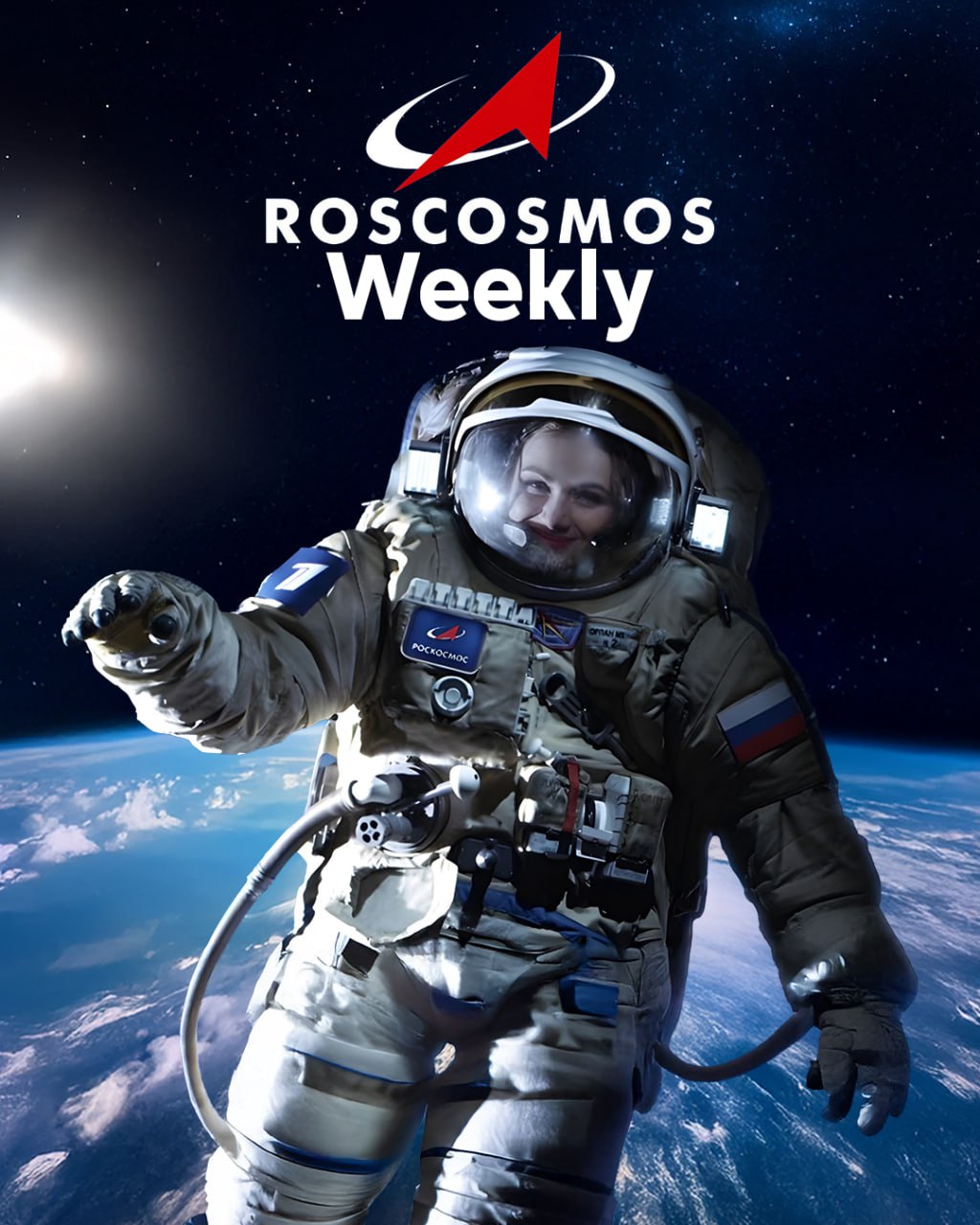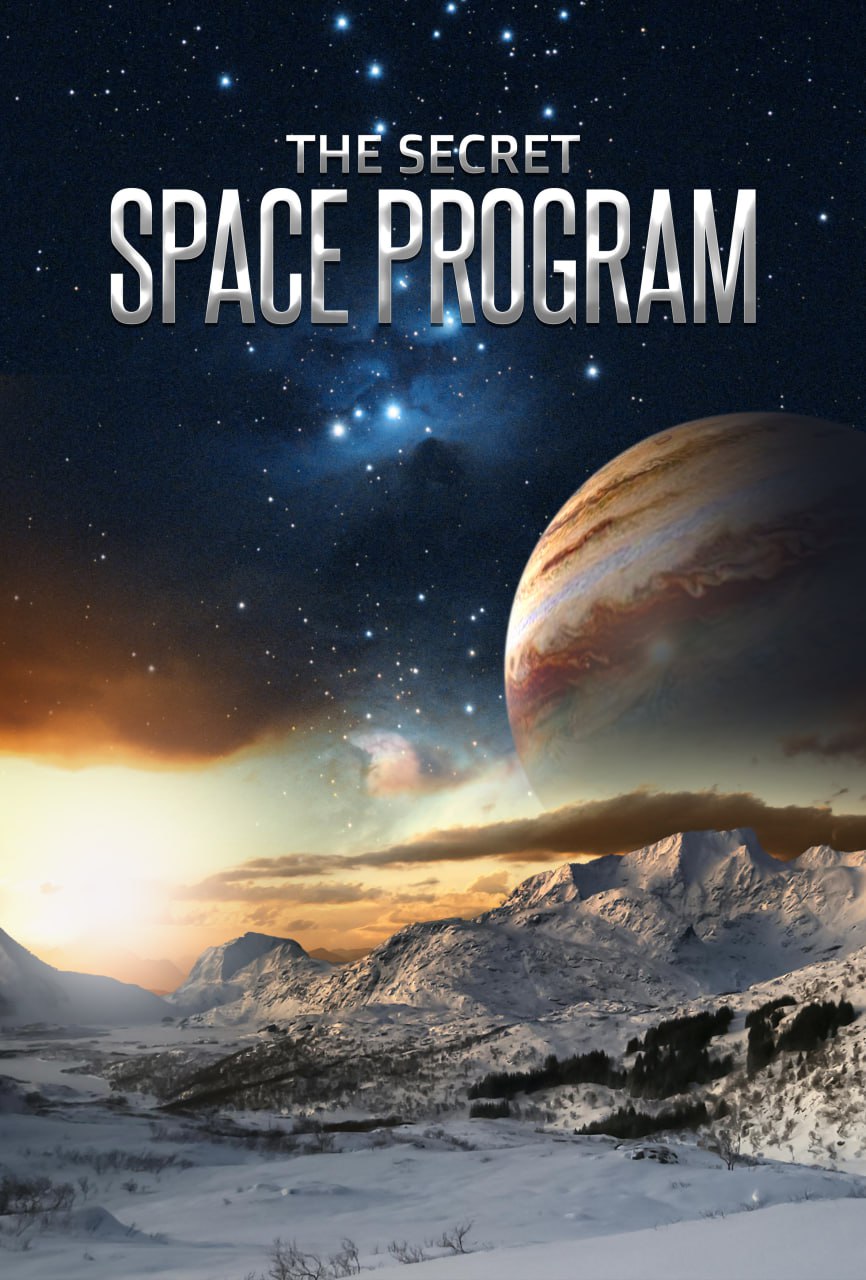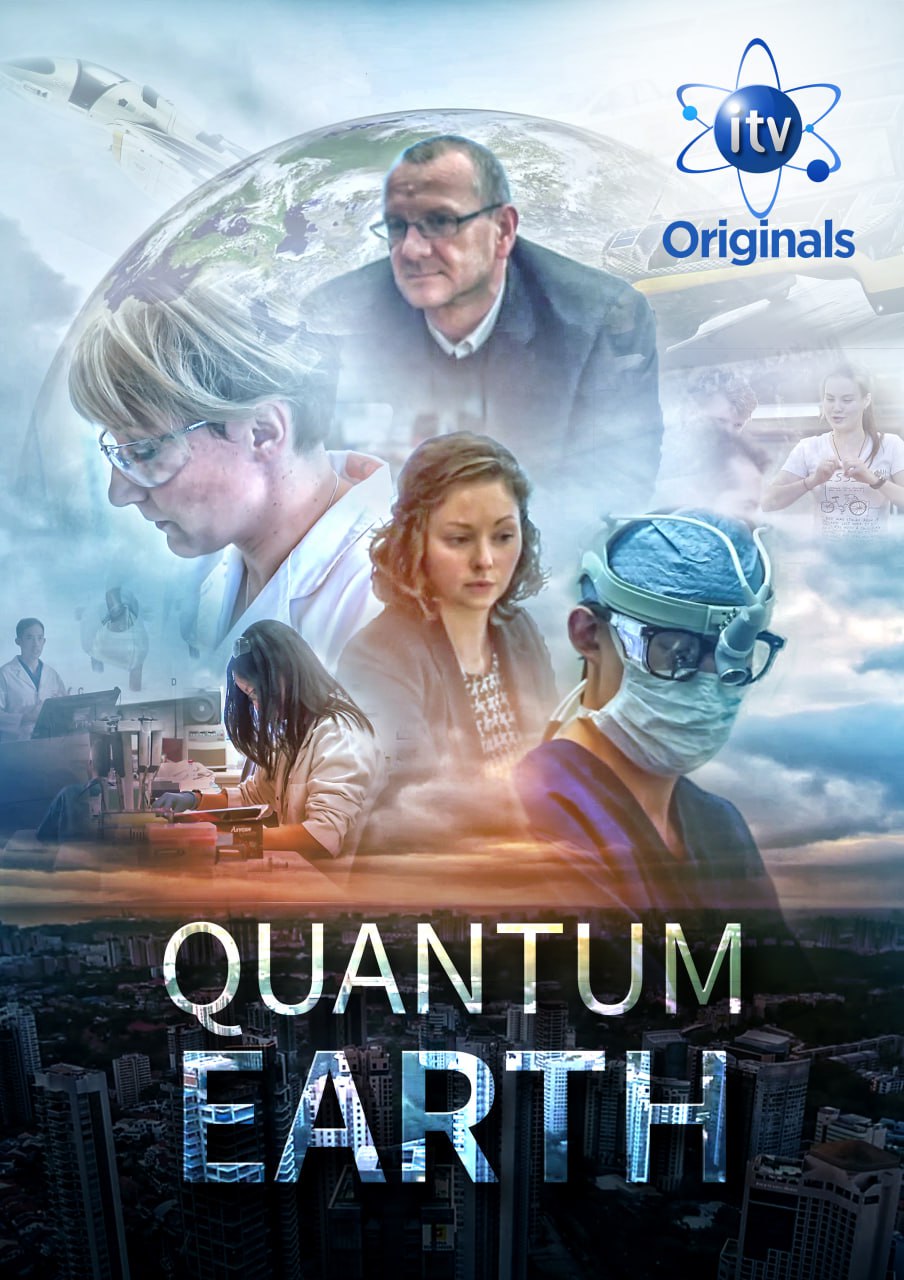Roscosmos Weekly (31 oct. 2025)
Roscosmos Weekly (31 oct. 2025): This week featured several key developments in Russia's space industry, marking significant progress for future missions and technology. Firstly, Roscosmos confirmed the feasibility of developing a fully reusable launch vehicle. This advancement aims to enhance cost-efficiency and sustainability for space missions by allowing rockets to be launched, recovered, and relaunched multiple times, reducing the need for single-use components. In a major achievement for human spaceflight, cosmonauts Sergey Ryzhikov and Alexey Zubritskiy conducted a spacewalk lasting nearly seven hours. Their Extravehicular Activity (EVA) involved critical tasks outside the International Space Station (ISS), contributing to ongoing maintenance and installation projects. This prolonged spacewalk demonstrated the crew's preparedness and endurance to carry out complex operations in the challenging environment of space. Additionally, the crews of ISS Expedition 74 successfully completed comprehensive examination training. These rigorous test sessions ensured that all members are fully prepared for various operational scenarios aboard the station. Such training is crucial for mission safety, efficiency, and readiness to handle emergencies or scientific experiments during their Oct. tenure in orbit. Technological innovation also made headlines at the Keldysh Center, where two new plasma engines were developed and tested. These engines are unique, having no analogs globally, and represent a leap forward in propulsion technologies. Plasma propulsion is known for high efficiency and is seen as a promising solution for future deep space missions. The successful experiments at Keldysh signify that these engines could play a key role in enhancing Russia’s capabilities in space exploration. Together, these highlights underline Roscosmos's focus not only on advancing human presence in space but also on pioneering cutting-edge technologies that could shape the next generation of space exploration. With reusable rockets, extended spacewalks, thorough crew preparedness, and revolutionary propulsion engines, the Russian space program is positioning itself toward greater achievements and cost-effective, sustainable operations in the years to come.

